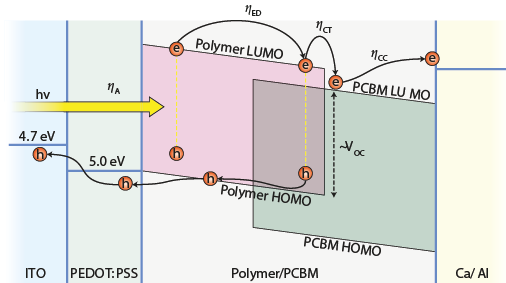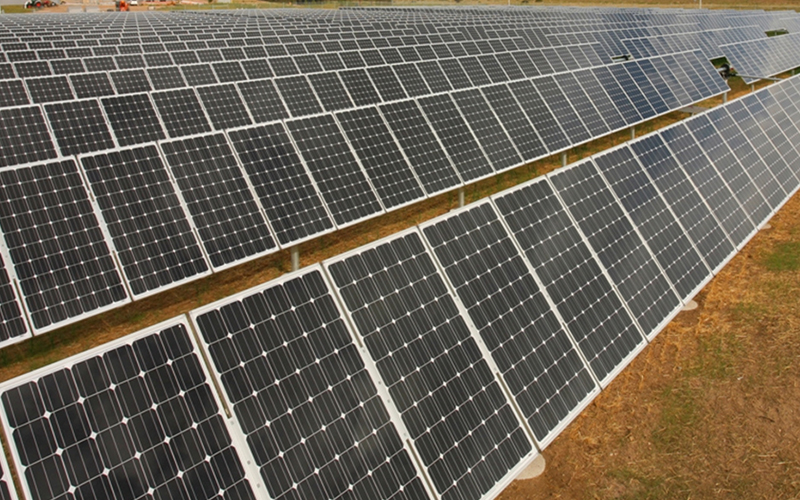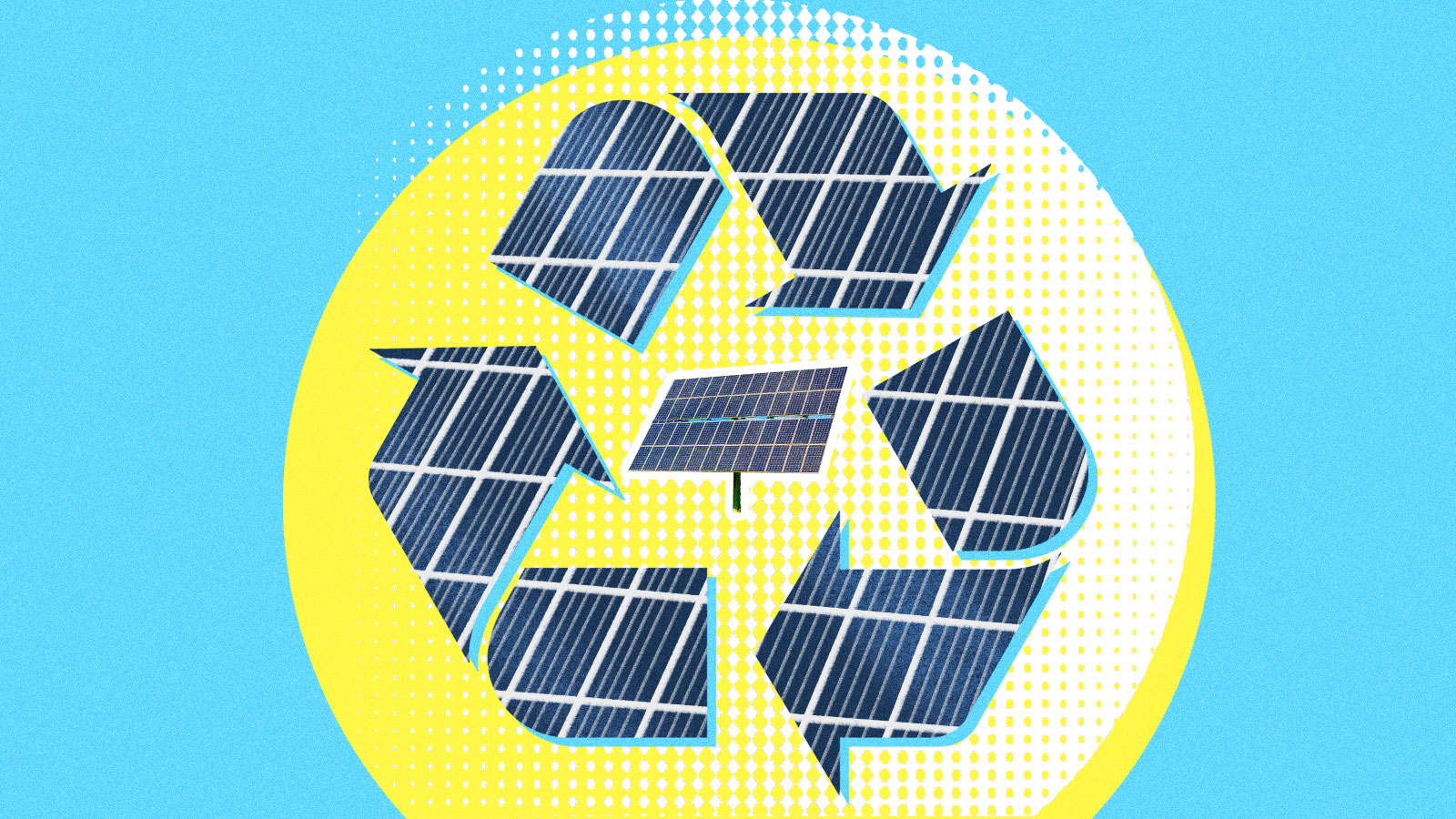
You might be wondering if solar panels are a good investment. You will see a significant reduction in your energy bills by installing solar panels over the years. Energy costs rose by 3 percent per year up until very recently. Today, they are predicted to increase by only 2.8% per annum. In the long-term, solar panels will be worth their cost.
Solar panels cost
You can take advantage of many tax credits to offset the cost for solar panels. You can take advantage of the federal solar tax credit, which allows you to deduct 26 percent of the cost of your solar system. There is no cap to how much tax credit you are allowed to claim. A 10 kW system can cost $27,700 on average. Tax credits are available up to $7202. The solar system's total cost can drop to just $20,498.
Costs are affected by the size and complexity of your solar panel system. A large solar panel system will require more roof area and result in higher costs. On the other hand, a small solar panel system will cost less. A smaller solar system will produce more energy, but will typically cost less per unit. Additionally, larger systems are more difficult to install and require more labor.
Payback period for solar panels
The payback time for solar panels depends on many factors such as the cost of installation, the quality of the solar panel system and the annual electricity consumption. Regional variations and tax incentives may affect how much savings you make. While higher electricity costs generally lead to greater savings in some areas, this does not necessarily apply to all. It is best to request an estimate from a solar provider near you in order to get a precise estimate.

Subtract the upfront cost of installing solar panels from the savings you get on your electricity bills to calculate the payback. The payback period for most consumers ranges from six to ten decades. But, the payback time can be shorter than or longer. The federal tax credits or rebates may be able to reduce the payback periods in many cases. Customers with more expensive energy or sunny properties may see a shorter payback period. Also, payback calculations are based on ongoing financial factors. They don't consider any additional benefits such as increased home values.
Efficiency of solar panels
The design is one factor that can affect the efficiency and performance of solar panels. The efficiency is affected by the layout, configuration and color of the protective backingsheet. Blue and green are more efficient than black. High temperatures can also reduce the efficiency and effectiveness of solar cells. Anti-reflective coatings, multi-junction cell technology will increase efficiency and reduce solar cells' reflectance.
Solar cells also get affected by obstructions such as trees and buildings. The power output of solar panels can be reduced by snow as it blocks sunlight. However, wind can cool and improve the efficiency of solar panels.
Tax credits
Tax credits can be used to help you finance your solar investment if you are interested in installing solar panels on your home. These tax credits can be applied to the cost of a new solar system or to parts and labor costs associated with installing a solar system. Additionally, tax credits may be carried forward to the next year. These tax credits don't apply to solar lease agreements. This means you must ensure you can take advantage of the credits.
The federal government offers tax credits for solar investment, which means you can get a substantial discount on the costs of installing solar panels in your home. You can get a tax credit up to 26% on the cost of installing solar power systems. It is essential that you understand the rules and requirements in order to determine whether or not you are eligible for this tax credit.

Solar panels are a great way to increase the value of your house
Solar panels can add value to your home while reducing your energy bills. A typical buyer of solar panels could save hundreds per month depending on their size and electricity usage. The panels will require additional maintenance. Solar panels can also increase your home's resale price.
According to National Renewable Energy Laboratory, solar panels can boost a house's resale value up to $18,324 by installing them on a medium-sized California property. These benefits become even more evident as you increase the size of your solar installation.